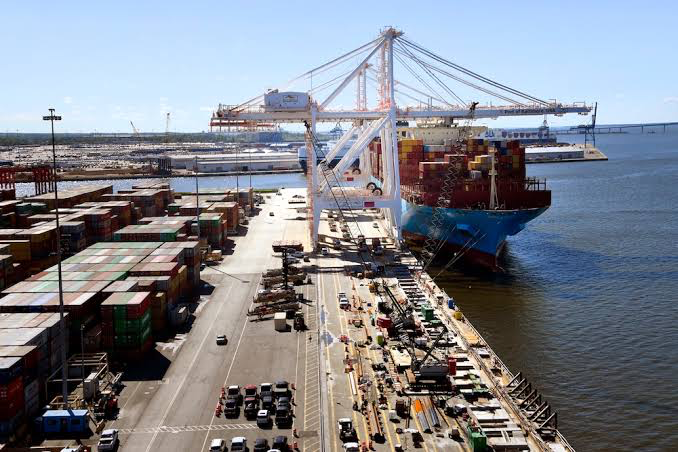The closure of the Port of Baltimore, following the collapse of the Francis Scott Key Bridge in late March 2024, is causing ripples in the US coal industry. The port, the second-largest US hub for coal exports, is currently unable to handle shipping traffic, impacting the movement of millions of tons of coal.
The Energy Information Administration (EIA) predicts a slowdown in the growth of US coal exports due to the Baltimore closure. The port’s proximity to coal fields in Pennsylvania and West Virginia makes it a convenient export point, and finding alternative ports may pose challenges for some coal producers.
Impact on Coal Exports and Beyond
Baltimore plays a significant role in US coal exports, having handled a substantial 28 million short tons in 2023. This represents roughly 28% of the nation’s total coal exports, placing it second only to the Hampton Roads port in Virginia.
The disruption at Baltimore primarily affects exports of steam coal, used for electricity generation and heating, and metallurgical coal, a key ingredient in steelmaking. India is a major destination for US steam coal, particularly for its brick manufacturing industry. Meanwhile, metallurgical coal exports from Baltimore typically head to various Asian countries, including Japan, China, and South Korea.
Beyond coal, the Baltimore port closure also disrupts the import of various goods, including biodiesel, asphalt, and urea ammonium nitrate. While the impact on widely used refined oil products may be less severe, the closure presents challenges for businesses that rely on the port’s infrastructure.
Finding Solutions and Looking Ahead
The EIA acknowledges that other ports, most notably Hampton Roads, have the capacity to handle additional coal exports. However, factors like coal quality, pricing, and scheduling may influence how readily companies can switch to alternative export routes.
The Baltimore closure presents a temporary hurdle for the US coal industry. While the situation may slow the growth of coal exports in the short term, nearby ports with existing capacity could help absorb some of the displaced traffic. The long-term impact on the industry will depend on the efficiency of repairs at the Baltimore port and the ability of alternative routes to handle increased volumes.
Source: Reuters



